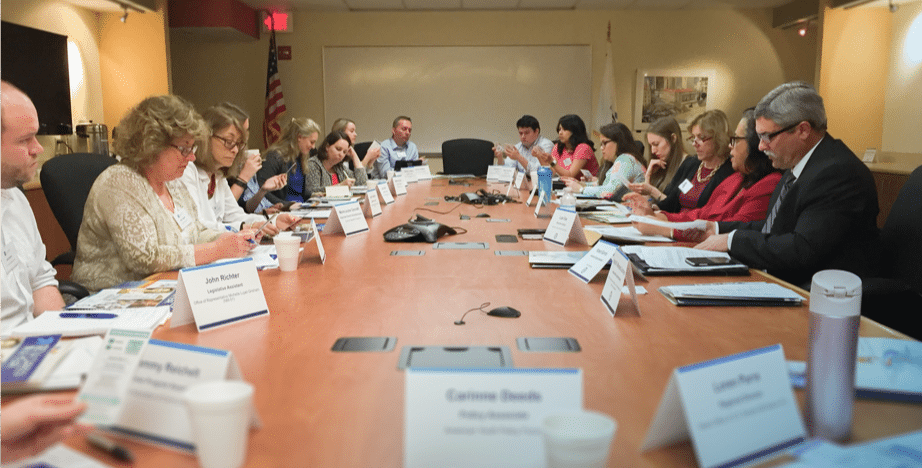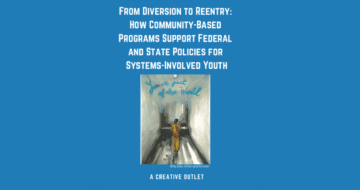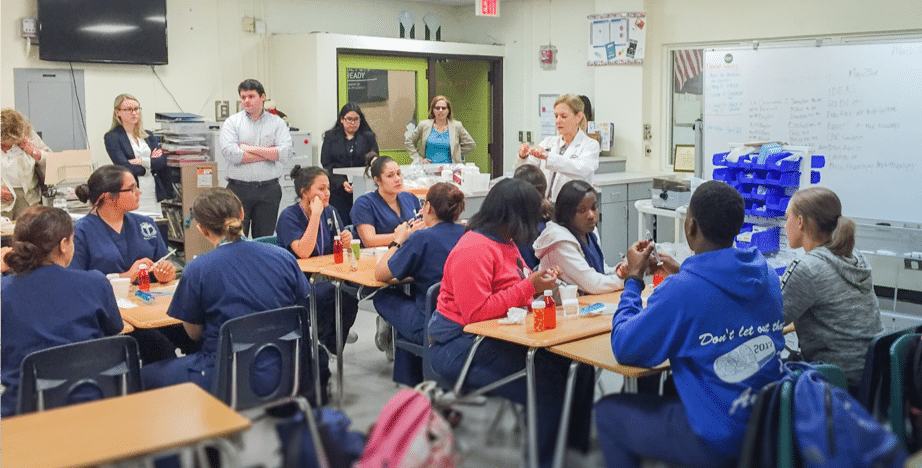Discussion Group Materials
Agenda
Improving Education and Workforce Outcomes For Systems-Involved Youth Discussion Group Summary
Improving Education and Workforce Outcomes For Systems-Involved Youth Discussion Group Summary 1-Pager
Speaker Biographies
AYPF Compiled PowerPoint Presentation
Nigel Bowe Spark Presentation
Kat Keenan Spark Presentation
Overview
There are nearly 425,000 youth in foster care and 50,000 youth in the juvenile justice system. Due to many precipitating factors, such as housing instability and the lack of social supports, a vast majority of these youth struggle with education and workforce barriers that hinder their path to successfully transitioning into adulthood. What if we could change this trajectory, so that youth involved in the foster care and the juvenile justice system are able to transition out of care with the tools and confidence needed to excel in their next steps?
This discussion group highlighted two organizations that are working to do just that for the youth in Philadelphia and Rhode Island. Each program uses best-practices to successfully connect youth transitioning out of foster care and youth involved in the juvenile justice system with opportunities to gain job training, placement, and educational assistance. Participants also discussed the link between programs and policies, relevant state and federal legislation, framing, and areas of alignment.
Specifically, the goals of the discussion group included:
- Identifying opportunities within policy to better support the education and workforce success of youth involved in foster care and the juvenile justice system;
- Highlighting successful programs and their connection to current and future policies;
- Exploring effective means for framing this topic for policymakers; and
- Building a consensus around key areas of influence for federal and state policymakers.
Discussion Group Pre-Readings
- Supporting Pathways to Long-Term Success for Systems-Involved Youth: Lessons Learned (AYPF Publication, 2017)
- Creating Access to Opportunities for Youth In Transition from Foster Care (AYPF Policy Brief, 2014)
Additional Resources
- The Choice is Yours Webpage
- Foster Forward – Works Wonders Program Webpage
- Family First CWLA Summary for AYPF Discussion Group
- Guiding Principles for Providing High-Quality Education in Juvenile Justice Secure Care Settings (U.S. Department of Education and U.S. Department of Justice, 2014)
- Project #YouCan Innovation Grant Program Request for Proposal
- Continuity Counts: Coordinated Education Systems for Students in Transition (Bellwether Education Partners Publication, 2018)
- Disrupting the Divide: The Role of Technology in Mitigating the Impact of Data Fragmentation on Students (Bellwether Education Partners Publication, 2018)
- Creating More Effective, Efficient, and Equitable Education Policies with Human-Centered Design (Bellwether Education Partners Publication, 2018)
- Design Methods for Education Policy (Bellwether Education Partners Companion Website, 2018)





